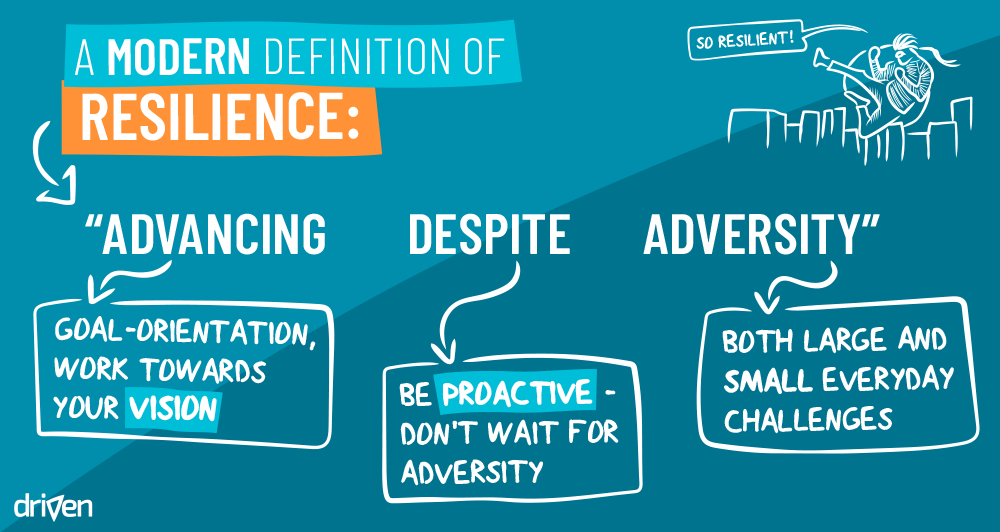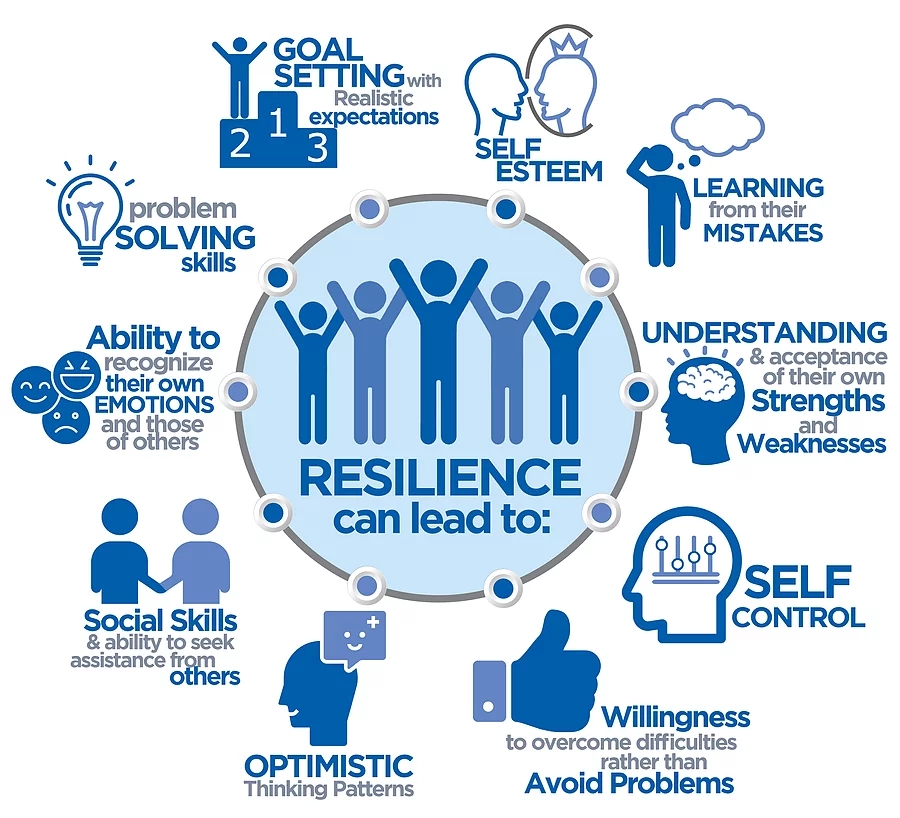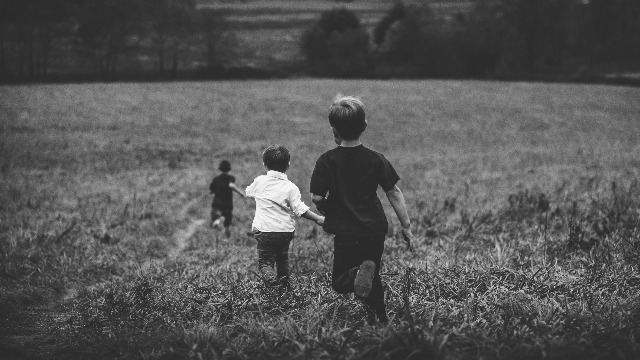Click here to see Part 1 of this post
Over the years, there has been an increasing awareness of the importance of mental health, including the impact of childhood trauma. Many non-profit organizations have been formed to create a strong network of support and help people to recover from the impact. From the studies done on this topic, we now have better understanding on both the cause and cure.
Is There a Test for Childhood Trauma?
There is one study on this topic called Adverse Childhood Experiences (ACE) which was published in 1998. This study tries to understand the impact of childhood trauma among the affected adults. Traumatic experiences which were examined include both emotional and physical form of abuse, neglect or household dysfunction. Based on this study, a test called ACEs Quiz is created to measure the correlation between the traumatic events and the challenges that people face later in life.

If you are interested to learn more about ACE, American SPCC offers free online ACE quiz. They also includes further information on how to interpret the ACE score.
The Complexity of Childhood Experiences
As mentioned in the American SPCC website, there is always difference between individuals in their childhood experience.
We may experience household dysfunction, but we have a strong emotional support from our friends during that time. It is possible that the impact of our trauma to be lessen with our positive experience.
On the other hand, there may be a specific experience that will affect us deeply because of our background or circumstances. Thus, just because your experience cannot be categorized as neglect or abuse, it doesn’t mean that it is not traumatizing (as also mentioned in the Part 1 of this post).
At the end of the day, you are the only person who know yourself the best. There’s no need to compare your childhood experience against what other people have.
Resilience vs Childhood Trauma
There is a growing interest on how building resilience will help the individual to cope with trauma. Although there is limited study on how resilience can affect human experience, it is believed that building mental resilience will lead to better mental health. In fact, the goal of CBT Therapy and mindfulness are to promote mental resilience so to diminish the impact of traumatic experience in individuals.
In general terms, resilience is understood as ‘inner strength/ability’ of an individual to push forward against various challenge in life. It is often extended further, into an active and constant effort in order to achieve certain goals in life.

It is actually logical that a person who has high resilience would be able to handle trauma better.
The reason why trauma has great impact in one’s life is because of it is pervasive. The memory of traumatic experience is often re-emerge into adulthood. As also mentioned in Part 1, trauma can also lead into separate subconscious action that is hard to change within a short period of time.
This is where resilience comes into play.
Resilience people face challenges with a believe that anything can be overcome, including the trauma. Even when they face setbacks and relapses during the process, they will be persistent because they know that it will be better soon. They know that they have the capacity to cope with their experience.



One thought on “Healing from Childhood Trauma (Part 2)”